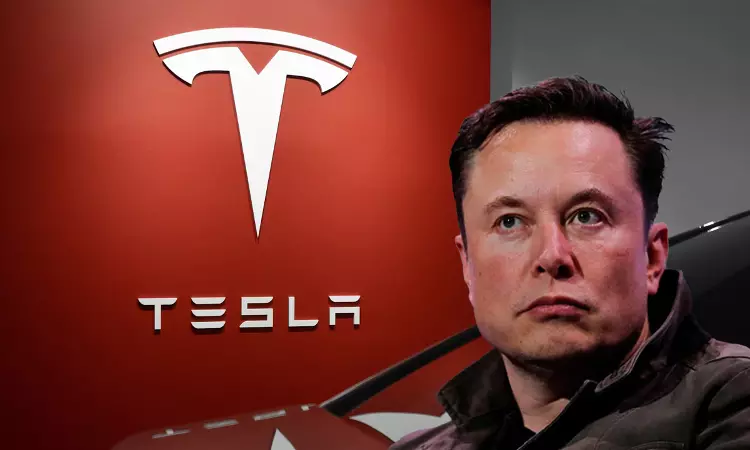In a challenge to billionaire Elon Musk's Tesla pay package of approx. $56bn, a Delaware court on Tuesday ruled in favor of plaintiff-shareholder(s) who pleaded that it was excessive.The judge, Kathaleen McCormick of Delaware's Court of Chancery, held that the compensation plan was subject to review under the "entire fairness standard" and the burden to prove that it was fair was on...

